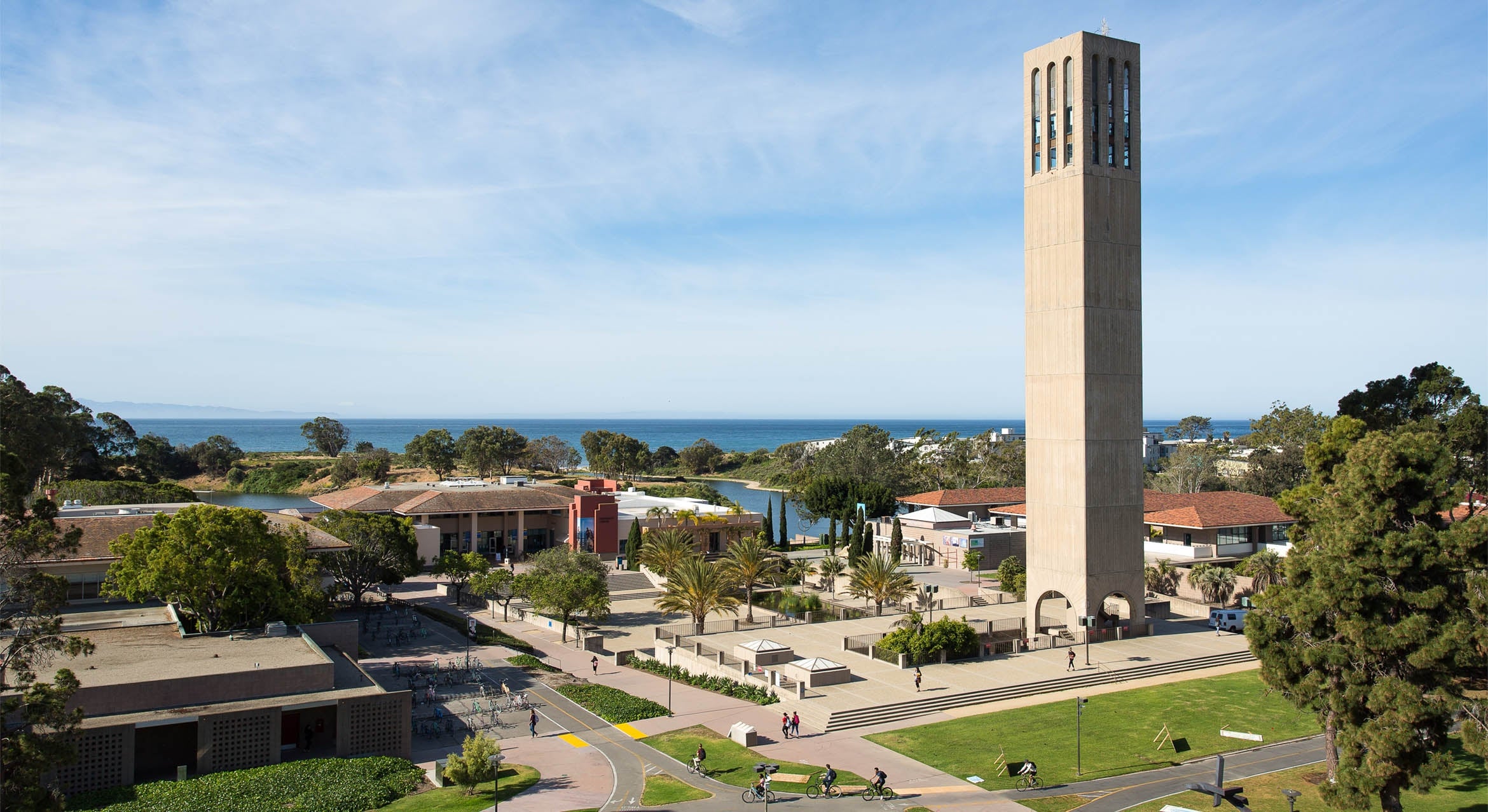
Environmental Impact
Tens of thousands of pounds of carbon emissions. Hundreds of thousands of kilowatt hours. More than a million gallons of water. Those are just some of the annual environmental savings coming soon to UC Santa Barbara, courtesy of The Green Initiative Fund (TGIF), which is supporting a host of innovative efforts with its recently announced 2017-18 grant awards.
From dozens of proposals for a robust array of campus-specific sustainability initiatives, the TGIF committee, composed primarily of UCSB undergraduate and graduate students, selected 21 projects to receive awards totaling $180,378. The initiatives are expected to be completed over the next year — and to yield long-term environmental benefits.
“This year we had almost double the amount of applications as the last few years — requesting over $500,000 in funding altogether — so the committee had some really tough choices to make,” said Jewel Persad, TGIF grants manager and UCSB sustainability coordinator. “I am continually impressed by how much passion UCSB students have for protecting our environment and improving the sustainability of our campus. Each year they come up with great new projects to pursue.”
Students are not only the brains behind many of the TGIF proposals — they’re the ones who make the fund possible in the first place. And they do so with gusto.
In a major statement about their collective commitment to campus sustainability, UCSB students in 2018 voted overwhelmingly — 83 percent — to reaffirm TGIF with a lock-in fee. The current $3.47 per-quarter fee, which hasn’t changed since the fund’s inception, contributes more than $170,000 per year to the fund.
TGIF has been awarding grants for campus sustainability efforts for more than a decade. In that time, and including the newest recipients, the fund has supported nearly 150 projects — and granted almost $1.5 million — that are helping UCSB conserve water, reduce waste, boost energy efficiency and increase our use of renewable energy. Over its lifetime so far, TGIF has impacted nearly every part of the UCSB campus.
Among the notable new projects to be funded by TGIF for its 2017-2018 cycle:
UCSB Bookstore LED, $27,935 — Funds will be used to replace fluorescent lighting at the UCSB Bookstore in the University Center (UCen) with LED fixtures, saving 72,663.9
kilowatt-hours and upward of $10,000 annually. The UCen Governance Board is also providing matching funds for this project.
UCen Dining Herb and Teaching Garden, $4,287 — Funds will be used to help the UCen grow organic herbs in a container garden located on the side of the UCen. The garden will increase local and organic produce in a fiscally sustainable way, boost the visibility of food production on campus and provide educational opportunities to the UCSB community.
San Clemente Pilot Composting Project, $1,830 — Funds will be used to launch a pilot composting program in San Clemente Villages graduate student housing. Providing 158 household composting bins to Arrowhead and Bradbury villages will divert up to 200,000 pounds of organic material from landfills over the next year.
Single Pass Cooling Replacement Effort, $20,000 — TGIF funding in 2015-2016 enabled LabRATS to replace 50 single-pass condensers. With the new funding, LabRATS will order additional units to further their replacement effort — a project that will save over 1 million gallons of water annually.
The complete list of TGIF recipients and award amounts for this year, which also include lighting retrofits in theater and dance rehearsal spaces, expanded electric vehicle charging infrastructure and projects to reduce energy consumption in the campus’s Drosphilia research facility and at UCSB’s Valentine Eastern Sierra Reserves, can be found via UCSB Sustainability.
Created in 2006 by an overwhelming majority vote of UCSB students, TGIF was the first student-funded sustainability initiative of its kind — and the first green fee — in the UC system.



